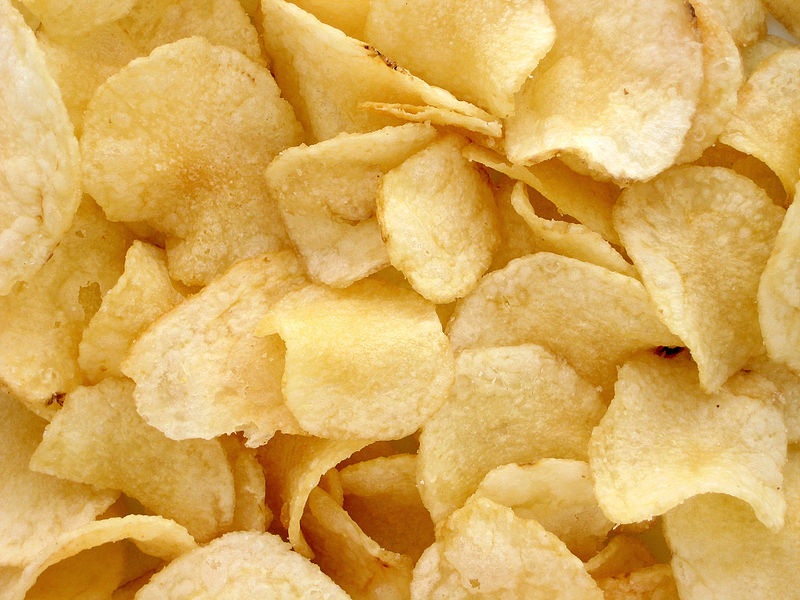 Our eating habits have changed radically in recent decades, in at least two distinct ways. We increasingly multitask as we consume our meals, munching as we work at our desk or watch television. And, to the dismay of nutritionists, our food has higher concentrations of sugar and salt.
Our eating habits have changed radically in recent decades, in at least two distinct ways. We increasingly multitask as we consume our meals, munching as we work at our desk or watch television. And, to the dismay of nutritionists, our food has higher concentrations of sugar and salt.
New research from the Netherlands suggests the two phenomena may be directly related.
A study just published in the journal Psychological Science finds people eating or drinking while mentally distracted require greater concentrations of sweetness, sourness, or saltiness to feel satisfied. A slightly sweet dish may be delicious when you’re concentrating on each bite, but it tastes bland if you’re eating while your attention is divided.
“Our results suggest that limited attentional resources reduce sensory experience, which may be an important cause of overeating,” write psychologists Reine C. van der Wal and Lotte F. van Dillen. “When people’s attention is burdened by a demanding activity, they will need to consume more of a certain food to obtain an optimal taste experience.”
The researchers describe four experiments providing evidence backing up their thesis. One featured 18 students who were asked to taste and rate three drinks of varying sweetness: one consisting of 30 percent grenadine syrup, another of 10 percent, and a third that was pure water. They sampled each on two occasions: While asked to remember a series of seven letters, and while asked to remember a single letter.
The key result: Participants “perceived the strong grenadine solution as significantly less sweet” when their brains were occupied remembering that random string of letters. Their taste buds were unchanged, of course, but the cognitive load impacted the way those sensations were processed by the brain.
A similar experiment featured 17 students who tasted crackers with either salty or salt-free butter. Echoing the results of the sweetness study (and another measuring sourness), participants perceived the salted buttered snacks as less salty if they tasted them while keeping the series of letters in mind.
In a final experiment, 42 students were asked to create a glass of lemonade by adding grenadine syrup until they reached their preferred level of sweetness. They did so while memorizing a seven-digit number, and again while keeping in mind a single-digit number.
Participants added more grenadine syrup while in the mentally distracted state. However, the researchers add, “they did not perceive their drink as sweeter or more pleasant.” The solution that satisfied them when their minds were focused on the beverage was seen as insufficiently sweet during a mentally taxing challenge.
“These results are highly relevant in today’s society, in which multitasking is common,” the researchers conclude. Indeed, they suggest the habit of splitting our concentration may be leading us into unhealthy eating habits.
So people who want to eat better, but fear they will find low-salt or low-sugar foods unbearably bland, might want to try this simple experiment. Turn off the TV, step away from the computer, and set aside some time to simply enjoy your meal.
You might be surprised by how good healthy food can taste.


